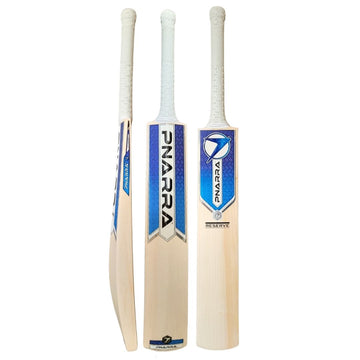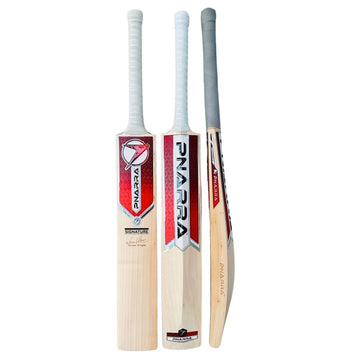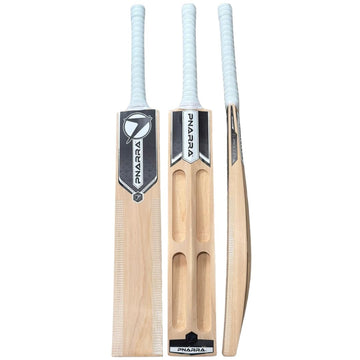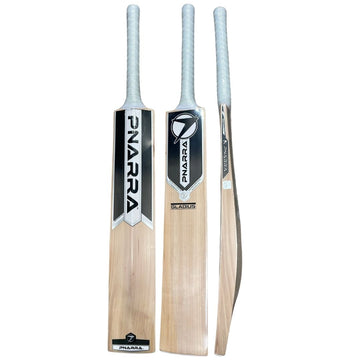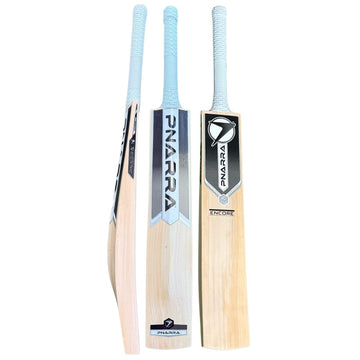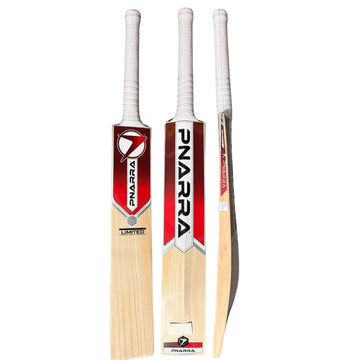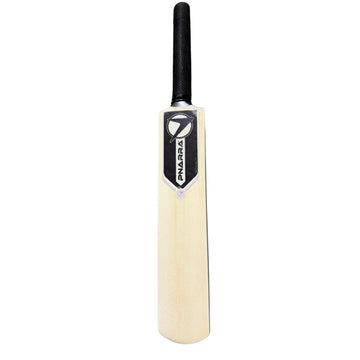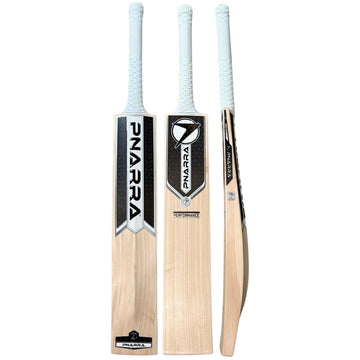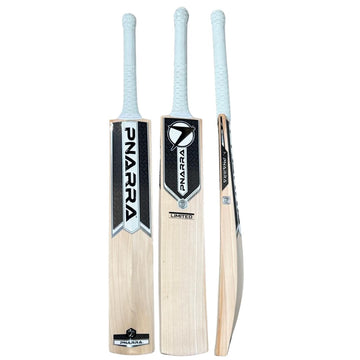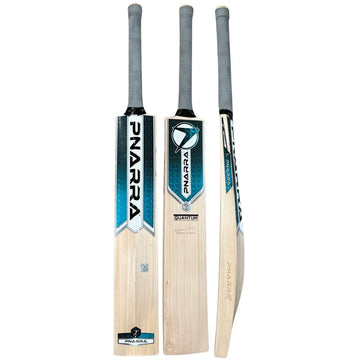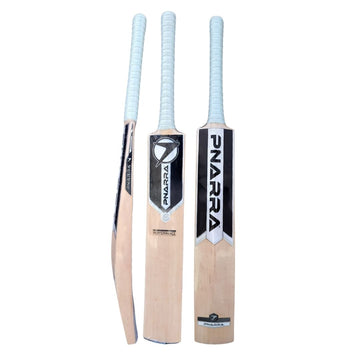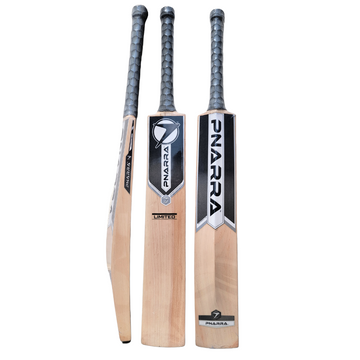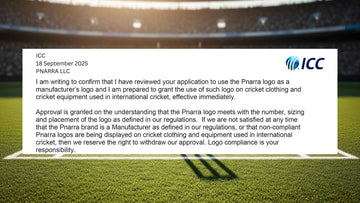If you’ve ever picked up a cricket ball and noticed “2-piece” or “4-piece” on the box, you might’ve wondered — what’s the difference? Does it really matter which one you use?
Let’s break down how each type is built, how it performs, and which one suits your game best.
Construction – The Core Difference
2-Piece Cricket Ball
- Made from two leather halves stitched together.
- Has one central seam line running around the ball.
- Usually machine-stitched.
- The core is cork or rubber, but not as precisely balanced as pro-grade balls.
Result:
✅ Cheaper, decent for training.
❌ Shape wears out quickly, seam doesn’t hold firm for long.
4-Piece Cricket Ball
- Made from four leather quarters stitched together in two layers (two pieces per hemisphere).
- Hand-stitched with 70–80 stitches for better durability and seam control.
- The inner core is high-quality cork wound with tightly layered string.
Result:
✅ Retains shape longer.
✅ Perfect seam control for swing and spin.
✅ Gives consistent bounce and flight.
❌ More expensive, but worth it for match play.
Performance & Durability
| Feature | 2-Piece Ball | 4-Piece Ball |
|---|---|---|
| Build Quality | Basic, machine-stitched | Premium, hand-stitched |
| Durability | 20–30 overs | 60–80+ overs |
| Shape Retention | Poor – loses roundness | Excellent – stays in shape |
| Swing & Seam Movement | Limited | Strong and consistent |
| Bounce & Grip | Inconsistent | True and predictable |
| Cost | Affordable | Premium pricing |
Which Ball Is Used in Which Format
-
T20, ODI, and Test Matches:
✅ Always 4-piece leather balls (red, white, or pink depending on format).- The 4-piece construction ensures even seam balance, crucial for professional-level swing and spin.
-
Practice, Club Matches, or Coaching Nets:
✅ Usually 2-piece balls.- They’re budget-friendly and fine for short net sessions or drills.
When to Use Which
Use a 4-Piece Ball When:
- Playing competitive or tournament-level matches.
- You want realistic match conditions.
- Practicing bowling accuracy, swing, or seam.
Use a 2-Piece Ball When:
- Doing basic batting/bowling practice.
- You’re training beginners.
- You need a cheaper ball for daily net sessions.
PNARRA Pro Tip
A good 4-piece ball is an investment, not just equipment. It holds its seam longer, performs consistently, and helps players train for real match scenarios.
At PNARRA, we handcraft premium 4-piece leather cricket balls using top-grade leather and cork — built to deliver true flight, longer life, and elite performance in every format.
PNARRA — Built for the Game. Made to Last.
Frequently Asked Questions (FAQ)
Q1. Which ball is better for beginners?
A 2-piece ball is better for beginners and training sessions because it’s more affordable and easier to replace.
Q2. Why do professional players use 4-piece balls?
4-piece balls provide balanced swing, better seam control, and longer durability — essential for pro-level cricket.
Q3. Can I use a 2-piece ball in a tournament?
No. Official matches (T20, ODI, and Test) require approved 4-piece leather balls for standard performance and fairness.
Q4. Which ball lasts longer?
4-piece balls last nearly twice as long as 2-piece ones — around 60 to 80 overs depending on conditions.
Q5. How do I know if a ball is 2-piece or 4-piece?
Check the seam — 2-piece balls have one straight seam, while 4-piece balls show two intersecting seam lines at right angles.

